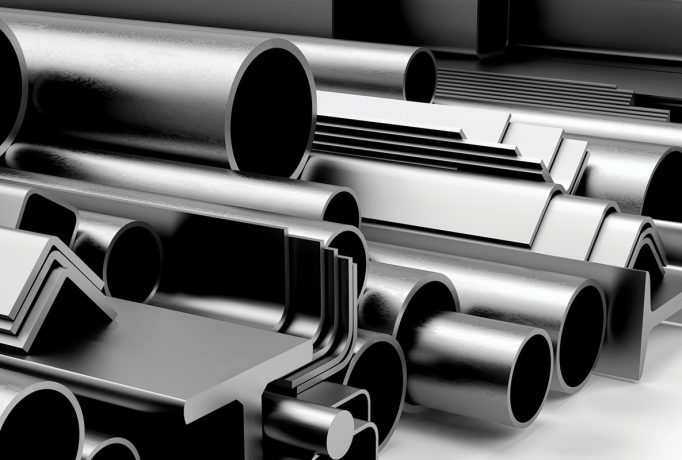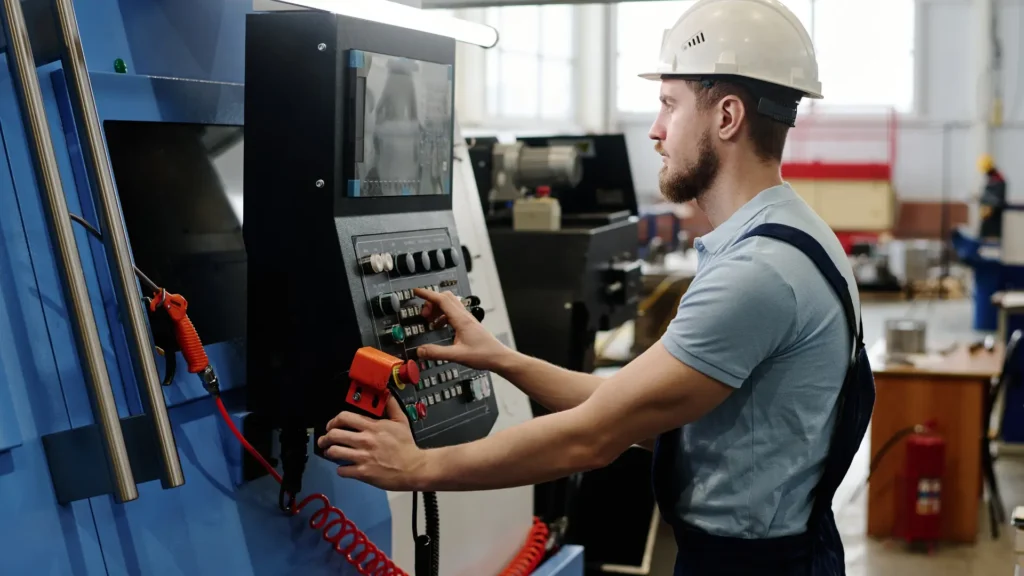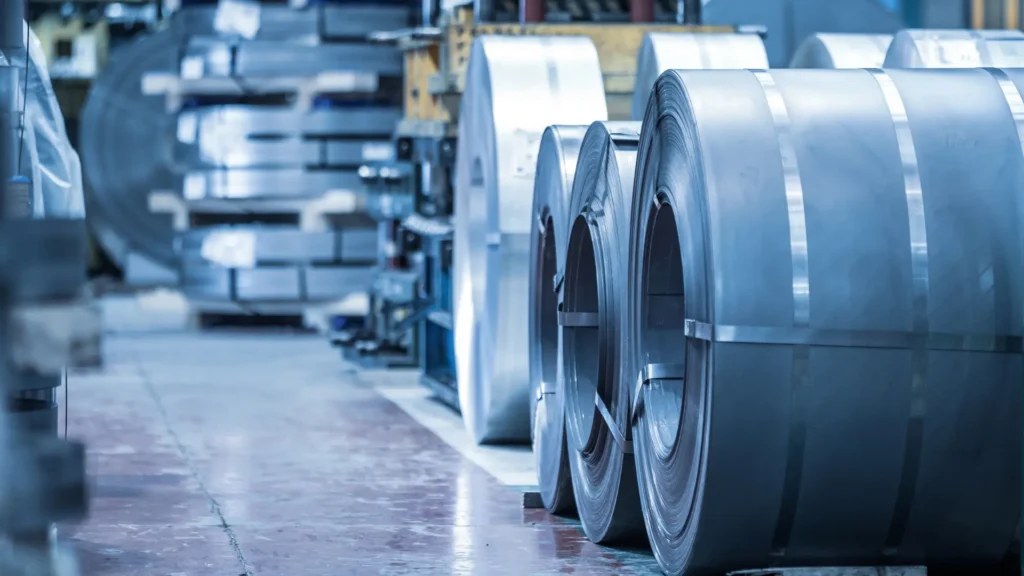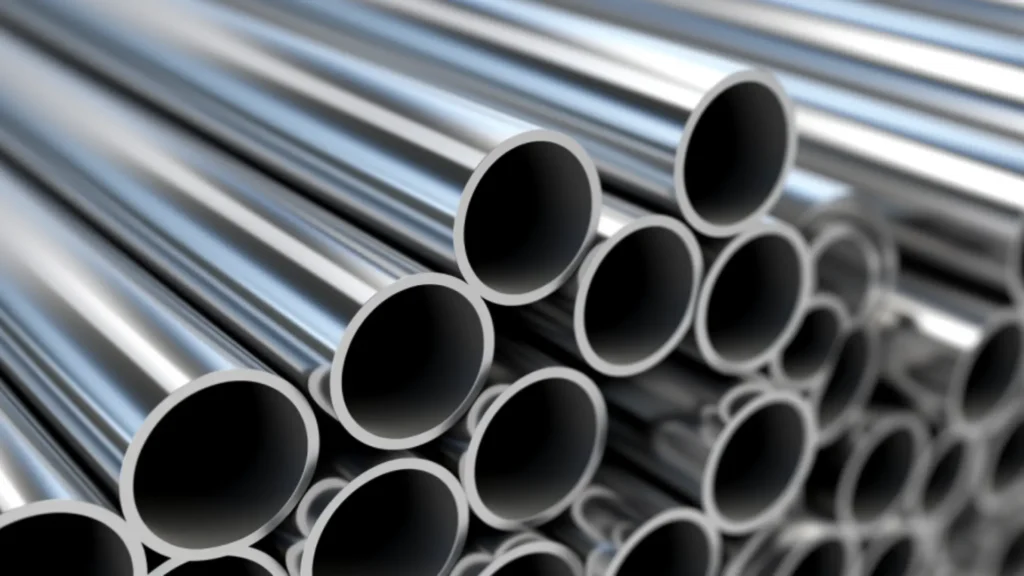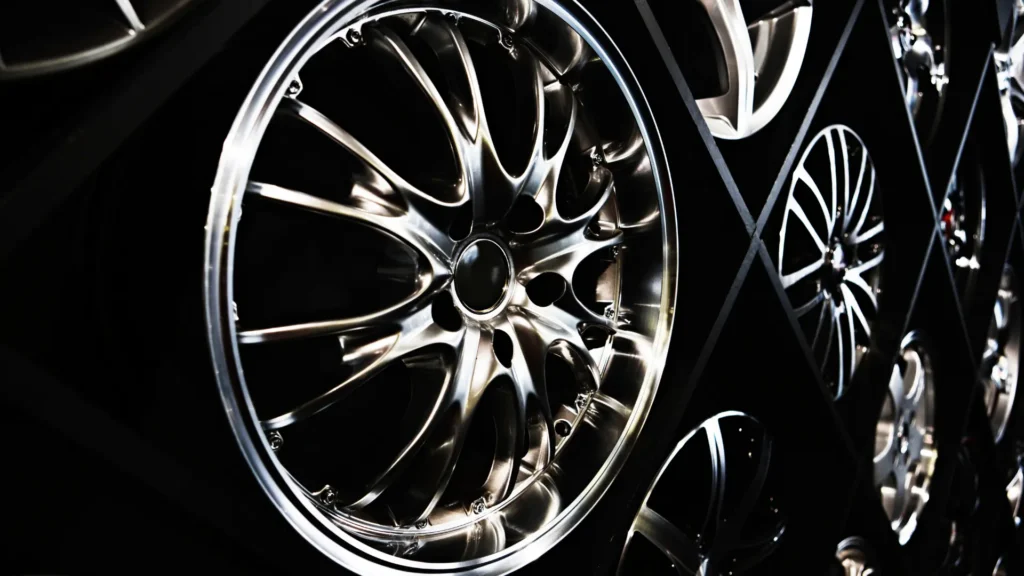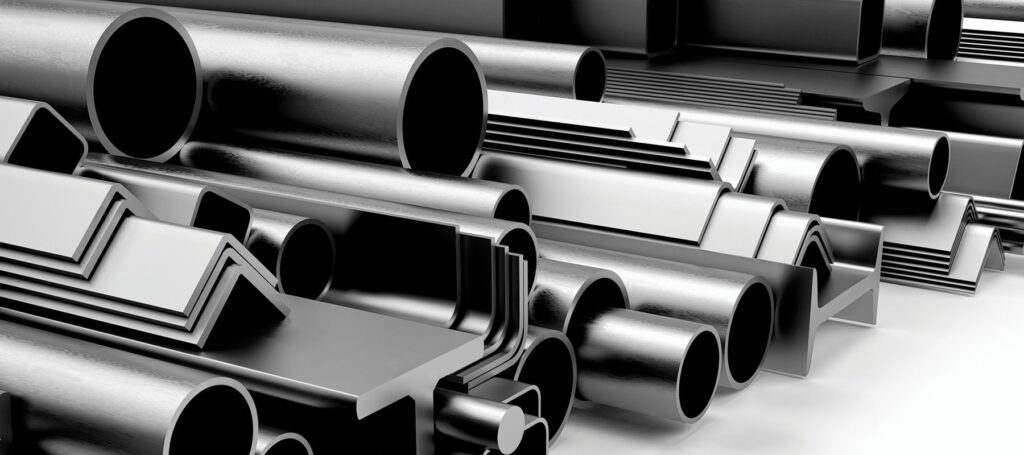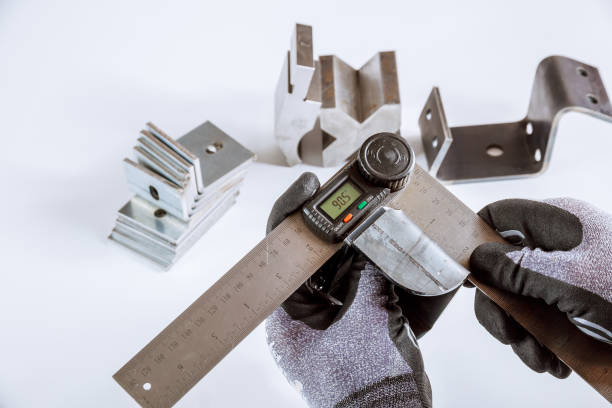When it comes to modern materials, magnesium alloy often pops up as an exciting option. It’s lightweight, surprisingly strong, and increasingly used in industries that demand performance. But there’s one common question that people can’t help but ask: Does magnesium alloy rust?
The short answer: magnesium alloys don’t “rust” in the way steel does, because rust refers specifically to iron oxide. However, magnesium alloys can corrode, and understanding how, why, and what you can do about it is the key to using them successfully.
At Licht Technology, we work with advanced materials daily, and we know that making smart choices about alloys starts with having the facts. So let’s break it down in a way that’s clear, approachable, and practical.
Key Takeaways
- Magnesium alloys don’t technically rust, but they do corrode, sometimes more aggressively than other metals.
- Their strengths include being extremely lightweight, recyclable, and having a good balance of strength and machinability.
- The risks mainly involve corrosion, especially in salty or humid environments, or when in contact with dissimilar metals.
- With the right coatings, treatments, and smart design, magnesium alloys can last and perform well across many industries.
- Ultimately, magnesium alloys are about balance: lightweight benefits vs. corrosion management.
Advantages of Magnesium Alloy
Magnesium alloys aren’t new, but they’ve seen a surge of interest in recent years as industries push for lighter, more efficient designs. Here’s why they’re getting so much attention:
1. Lightweight performance
Magnesium is the lightest structural metal in common use. It’s about two-thirds the weight of aluminum and only a quarter the weight of steel. That means every part made from magnesium alloy helps cut down total weight, which is a huge deal in transportation and aerospace. Less weight means better fuel efficiency, easier handling, and energy savings.
2. Strong enough where it counts
While magnesium alloys aren’t as strong as titanium or some steels, they hold their own surprisingly well when alloyed with elements like aluminum, zinc, or rare earths. The result is a metal that’s strong enough for real applications without the burden of excess weight.
3. Excellent machinability
Manufacturers love working with magnesium alloys because they’re easier to cut, shape, and mold compared to many harder metals. That translates to faster production times and sometimes lower costs.
4. Natural vibration damping
Magnesium alloys can absorb vibrations better than some other metals. This property is especially valuable in automotive and aerospace parts, where reducing vibration improves comfort, safety, and part lifespan.
5. Heat dissipation
Another perk is their ability to conduct heat. That’s why magnesium alloys are often found in housings for electronics or engine parts that deal with high temperatures.
6. Recyclability and sustainability
In today’s world, sustainability matters. Magnesium alloys are recyclable, and their lightweight nature reduces emissions during transportation. Using them can support greener design choices while still maintaining performance.
Corrosion Risks Explained
Now, let’s get to the heart of the matter: does magnesium alloy rust?
No, not in the traditional sense. Rust refers to iron oxide, which only affects metals that contain iron. Magnesium alloys don’t produce that familiar reddish flake. Instead, they face corrosion, and sometimes that can be just as damaging.
Here are the main types of corrosion you’ll see:
- General corrosion: A uniform attack across the surface.
- Pitting corrosion: Localized spots that eat into the metal, often leading to weakness.
- Galvanic corrosion: Happens when magnesium touches a more “noble” metal (like steel or copper) in a wet environment. Magnesium becomes the sacrificial metal and corrodes quickly.
- Stress-corrosion cracking: Stress combined with a corrosive environment causes cracks to form and spread.
- Crevice corrosion: Occurs in tight spaces where moisture and salt get trapped.
What makes corrosion worse?
Several factors increase the risk:
- High humidity or salty conditions (think coastal regions or road salt).
- Impurities in the alloy, such as tiny amounts of iron, nickel, or copper.
- Poor design that allows water to collect in joints or cracks.
- Contact with dissimilar metals without proper insulation.
- High stress or cyclic loading in demanding environments.
Common Applications in Different Industries
Even with corrosion risks, magnesium alloys are widely used. The reason? Their benefits often outweigh the downsides, especially when protective measures are in place.
Automotive industry
Magnesium alloys are used in parts like transmission cases, steering wheels, and engine blocks. The lighter weight improves fuel efficiency, and coatings are applied to guard against road salt and moisture.
Aerospace industry
Weight reduction is critical in aerospace. Magnesium alloys find use in interior frames, housings, and structural components. Here, strict inspection and protective coatings keep corrosion in check.
Consumer electronics
Many laptops, cameras, and phones use magnesium alloy housings. They’re durable, lightweight, and dissipate heat well. Since electronics usually aren’t exposed to extreme environments, corrosion is less of a concern here.
Marine and coastal applications
Saltwater is tough on magnesium alloys, but when properly protected, they can still serve in specific fittings and structures. Without coatings, though, corrosion happens quickly.
Biomedical field
Researchers are exploring magnesium alloys for implants that gradually dissolve inside the body. This eliminates the need for a second surgery to remove them. The challenge is carefully controlling the corrosion rate so the implant lasts just long enough to do its job.
Ways to Prevent Material Damage
If magnesium alloys are prone to corrosion, how do engineers and manufacturers make them work? The key is prevention. Here are proven strategies:
1. Alloy selection
Choosing the right magnesium alloy makes a huge difference. Alloys with very low impurities and the right mix of elements, like aluminum or rare earths, resist corrosion better.
2. Protective coatings
Surface treatments such as anodizing, powder coating, or specialized ceramic coatings create a barrier that shields the alloy from moisture and salt. Multi-layer coatings combine strength with flexibility, extending protection even further.
3. Smart design
Good design prevents water from pooling, reduces tight crevices, and isolates magnesium from dissimilar metals that could trigger galvanic corrosion.
4. Regular maintenance
Simple practices like cleaning off road salt, inspecting for scratches, and repairing damaged coatings keep magnesium alloy parts in good shape for longer.
5. Environmental control
In industrial settings, using corrosion inhibitors in coolants or controlling humidity levels can significantly slow down corrosion.
Conclusion
So, does magnesium alloy rust? Not in the way steel does. But yes, magnesium alloys are vulnerable to corrosion if left unprotected. The important thing to remember is that corrosion isn’t a dealbreaker; it’s a challenge that can be managed.
When paired with smart engineering, protective coatings, and routine care, magnesium alloys offer incredible benefits: they’re light, strong, efficient, and sustainable. That’s why they’re found in cars, planes, electronics, and even medical research.
At Licht Technology, we believe in helping our partners make informed decisions about materials. Magnesium alloys may require care, but the payoff of lighter products, energy savings, and innovative designs often makes them worth it.
Frequently Asked Questions
Is magnesium alloy corrosion the same as rusting?
No. Rust only affects iron. Magnesium alloys corrode differently, usually forming oxides and hydroxides, but the effect can still weaken the material if unchecked.
What environments are hardest on magnesium alloys?
Humid, salty, or coastal environments are the toughest. Road salt and marine air are particularly aggressive.
Can coatings stop corrosion completely?
Coatings can dramatically slow corrosion, but they aren’t perfect. Damage to the surface or scratches can let moisture in. That’s why maintenance is important.
Why use magnesium alloys if they corrode?
Because the weight savings, efficiency, and performance gains are often worth it. With proper protection, magnesium alloys can last a long time.
Are magnesium alloys safe for medical use?
Yes, in specific controlled applications. Researchers are developing magnesium alloys for biodegradable implants that naturally dissolve after healing, but these are still being refined.

